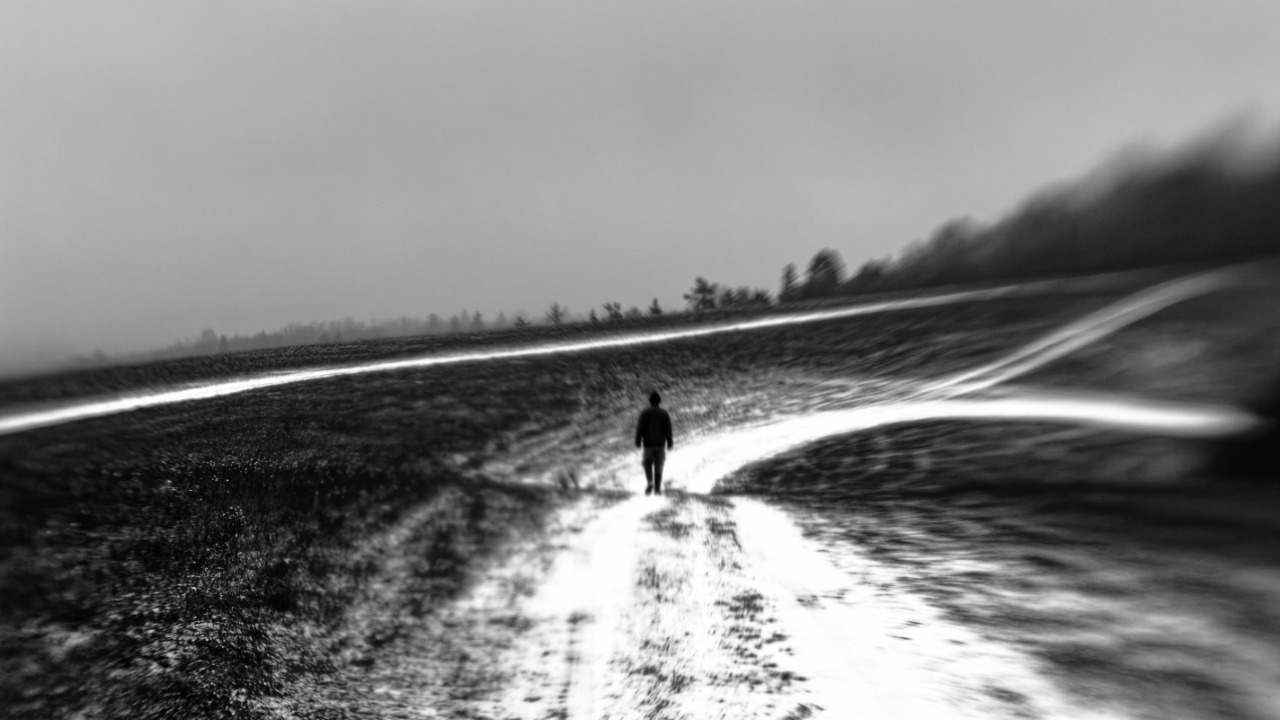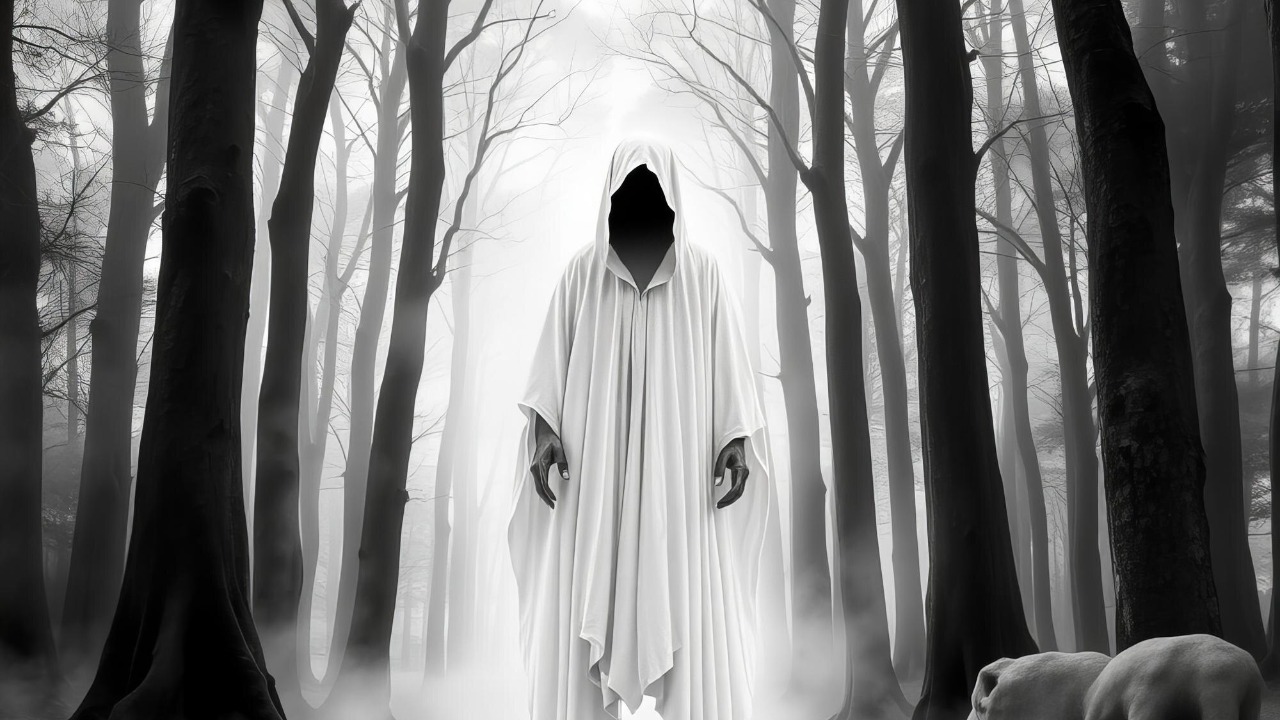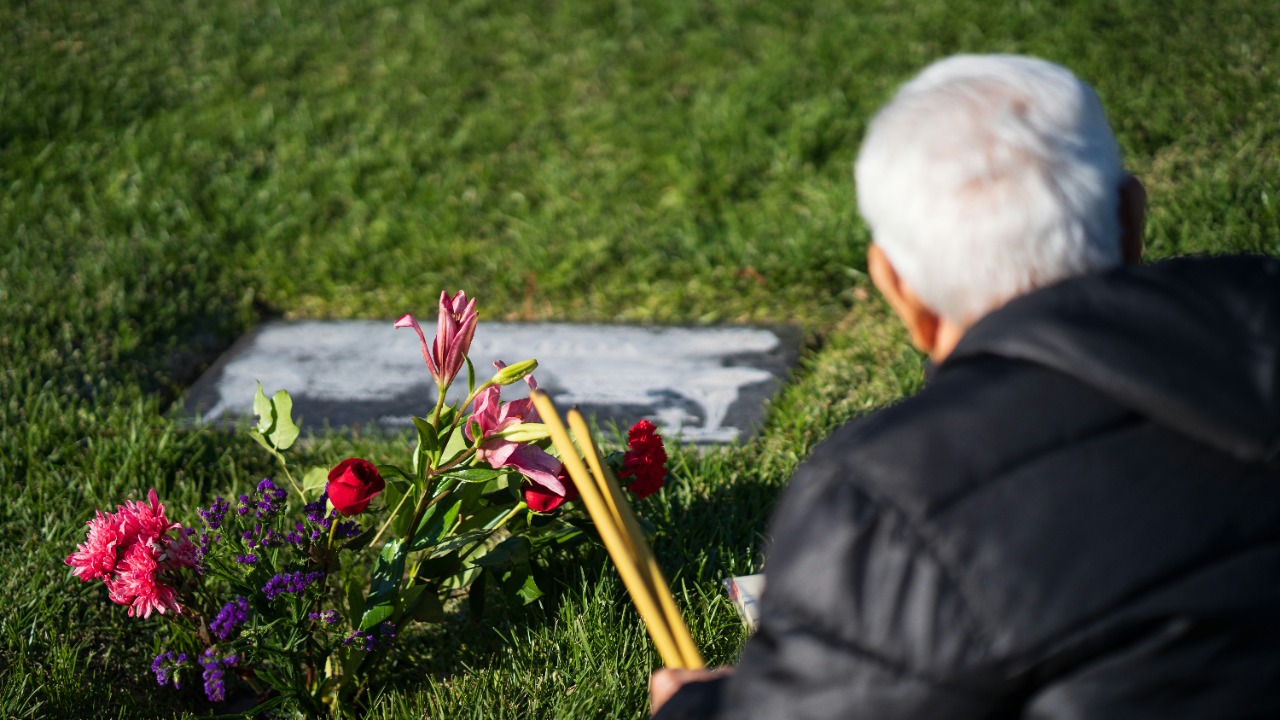A Colorado woman claims that after being clinically dead for eight minutes, she experienced profound insights, leading her to conclude that death is merely an illusion. This extraordinary narrative has sparked discussions on the nature of life, death, and consciousness, offering a unique perspective on what might lie beyond our mortal existence.
The Incident: A Glimpse Beyond Life

It was an ordinary day when the unexpected happened. The woman, whose identity remains private, suffered a sudden cardiac arrest that led to her clinical death. In those critical moments, a team of medical professionals worked tirelessly to revive her. During this intense period, she was clinically dead for a total of eight minutes. The medical team’s relentless efforts eventually brought her back, but not without leaving her with experiences that would redefine her understanding of life and death.
Once she was stabilized, the gravity of her claims began to sink in among her family and the medical staff. Initially, her revival was a cause for celebration. However, the subsequent revelations about her experience during those eight minutes sparked a mix of skepticism and intrigue. Medical professionals, while relieved at her recovery, were cautious in interpreting her vivid recounting of events.
Experiencing the Afterlife: A Journey of the Soul

Upon regaining consciousness, the woman described an extraordinary experience that began with her soul leaving her body. She recounted observing her lifeless form from above, watching the frantic efforts of the medical team as if she were a mere spectator. This sensation of detachment and the ability to view her surroundings from an elevated perspective is a common theme in documented near-death experiences.
During her time in this ethereal state, she reported sensations of peace and acceptance. Despite the physical turmoil her body was undergoing, she described a profound sense of tranquility and an overwhelming feeling of love. These experiences echo the narratives shared by others who have had similar brushes with death, suggesting a shared human experience that transcends individual circumstances.
Death as an Illusion: Insights and Interpretations

Following her miraculous revival, the woman began to articulate a newfound belief that death is not the definitive end she once thought it to be. Her experience led her to perceive death as an illusion—a transition rather than a termination. This perspective challenges conventional views and delves into philosophical and spiritual realms, exploring the possibility that consciousness may persist beyond physical demise.
Her claims resonate with certain philosophical ideologies suggesting that death is merely a change in the state of being. The idea that death is an illusion aligns with various spiritual teachings that view life as a continuum. Experts in the study of consciousness and the afterlife offer diverse opinions, ranging from supportive interpretations to cautious skepticism regarding the validity of such afterlife experiences.
Scientific Perspectives: Bridging Experience and Evidence

While personal accounts of near-death experiences are compelling, the scientific community approaches these phenomena with a critical lens. Current scientific understanding attributes these experiences to physiological and neurological responses during traumatic events. For instance, the brain’s response to oxygen deprivation and the release of endorphins can create vivid and hallucinatory experiences, often interpreted as glimpses of the afterlife.
However, the challenge lies in bridging personal experiences with empirical evidence. The study of consciousness remains an intricate field, with researchers striving to understand the complexities of the human mind. While some dismiss these experiences as mere neurological phenomena, others argue for the need to explore consciousness beyond the physical confines of the brain.
Impact and Conversations: Shifting Perspectives on Death

The woman’s story has ignited public interest and sparked conversations about the nature of life and death. Her account challenges individuals to reconsider their perceptions of mortality, encouraging a broader contemplation of life’s purpose. The narrative resonates with those who find comfort in the possibility of an afterlife, while also inviting skeptics to question the limits of human understanding.
These discussions contribute to the cultural and societal dialogue surrounding mortality and the afterlife. As personal stories like this emerge, they shape collective beliefs and influence ongoing debates within both the scientific community and spiritual circles. The woman’s experience adds a unique dimension to the broader exploration of consciousness and existential questions, challenging us to consider what truly lies beyond our physical existence.